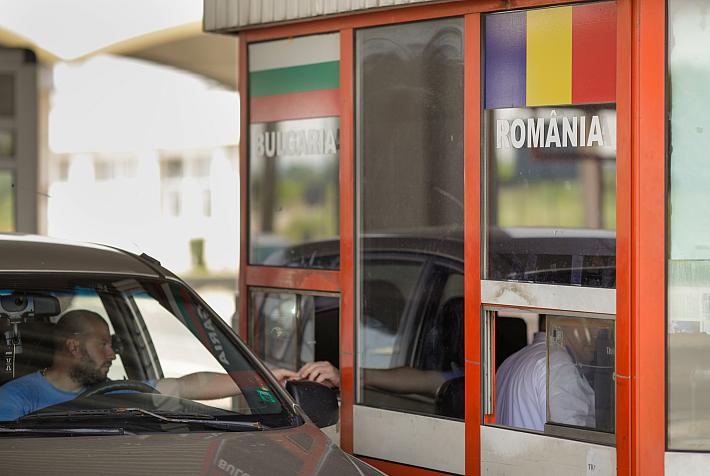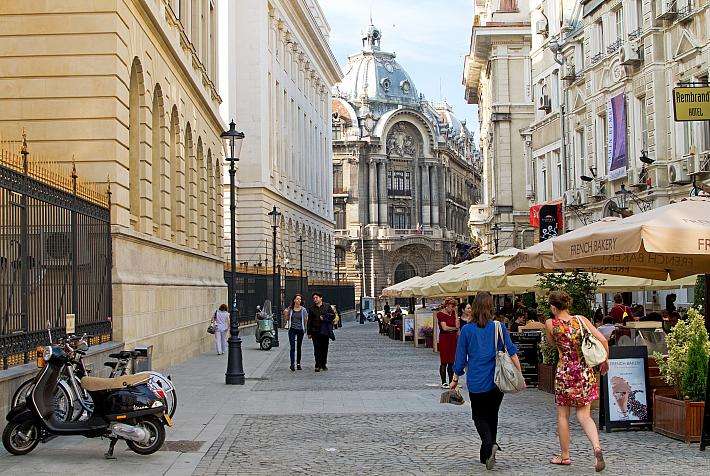Romania – presidential elections: The vote abroad might determine election result

The poor organization of the first round of the presidential elections abroad, which generated large queues at Romania’s embassies in London, Paris and other European capitals, and left thousands of Romanians shouting angrily against the Government, when the voting wards closed, because they didn’t get to vote, might determine the final result of the presidential elections in Romania.
Although the number of Romanians who voted abroad almost doubled compared to the first round, as data available at 19:00 (Bucharest time) shows, there are still thousands of Romanians queuing to vote in London, Paris and other large cities in Germany and Italy, local media reports. They have asked for the voting to be prolonged so that all the people who have been waiting for hours at voting wards to get the chance to exert their right to vote.
In Bucharest and other large cities thousands got out on the streets to protest against the Government, on Sunday evening, and support their co-nationals abroad in asking the vote to be prolonged.
The results of the exit polls show a very tight race between the two candidates, Prime Minister Victor Ponta and Sibiu’s mayor Klaus Iohannis, with the preliminary results split between the two, but within the margin for error.
Iohannis made a spectacular comeback on the first round results, when he was second, with 34% of the votes, while Ponta got 44%.
His campaign for the second round was focused primarily on the right to vote for all Romanians. He pressed his counter candidate on this theme in their two televised debates, asking that the number of voting wards abroad be increased so that all the Romanians get the chance to vote.
The Government’s answer was unconvincing. Foreign affairs minister Titus Corlatean resigned one week before the second round, saying that the law doesn’t allow for the number of voting wards abroad to be increased. Prime Minister Victor Ponta tried to minimize the problem and said that the Government has made changes so that all Romanians abroad would get the chance to vote. He accused Iohannis of having used this theme for his campaign and turning it into a slogan.
Ponta’s approach on this matter was criticized by some foreign officials and annoyed many of the younger generation, who didn’t even bother to vote in previous elections or in the first round. They mobilized on Facebook, where Iohannis got a lot of supporters in the last week, surpassing Ponta on the number of fans, but they also went to the vote.
Iohannis urged Romanians in the country to go to the vote, to compensate for those abroad who didn’t get the chance to do it. Many answered his call, and this was visible in the large turnout rate, which was almost 60% at 19:00, two hours before the polls closed.
editor@romania-insider.com












